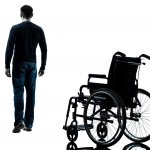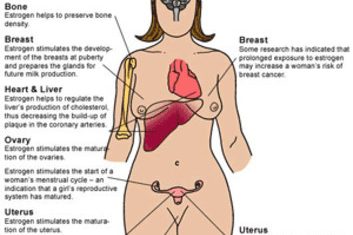On January 1, 2012, the major private practice Medical Oncology groups in the State of New Jersey, merged. We are 92 doctors, 32 nurse practitioners, 100 RNs, 700 staff, 26 locations with over 250,000 patients, together as one, and growing; Regional Cancer Care Associates (RCCA). Difficult, painful, complex, expensive, bringing private docs together was like herding cats. Why did we do it? Because, doctors must control the future of medicine.
What is wrong with healthcare in the USA is clear. Too much money, for too poor care, given with unfair and erratic results, all wrapped up in confusing, often worthless regulation, with MBAs and lawyers, as much as doctors, deciding what treatment will be ordered. Federal government, state government, insurance companies, big pharma and myriad special interests combine to create not a healthcare system, but health chaos. Whose fault is all of this? Whom can you blame? Doctors.
You can blame doctors because they hold the power of the “order.” Nothing, absolutely nothing, in healthcare occurs unless somewhere a doctor orders it. Not a pill, shot, surgery, admission, discharge, bill, hospital built, nursing home expanded or pharmacy torn down, ever occurs unless a doctor wrote a prescription. Physicians have always had that final control, the doctor’s order.
Well, we screwed up. We sat in our silos and thought that if we took care of our patients, studied hard, worked hard and stayed up nights, good things would follow. We thought that medicine was about a patient, a family, and a doctor, sitting together, trying to heal. Who knew that it was about money, power and planning? We ignored populations, courts, budgets, corporate planning and government. Trying to help, one patient at a time, we dropped the ball. Our fault. Mea Culpa. But, no more.
We have come together because we believe that doctors, who attend the sick at the bedside, are the best advocates for the patient and family. Physicians understand the science, the research, the practical application and the need. We can balance treatment and costs as necessary and understand that sometimes not spending can actually improve results. We figure out, every day, how to apply technology and where the old fashioned ways, personal medicine, the touch of the hand, work best. We know how to educate other doctors and the providers of medical services and thus how to affect change to produce real results and not just frustration. Most importantly, we rejoice when our patients heal, and mourn when they suffer.
Groups such as RCCA, physician organized, physician directed, are critical to the future of a viable healthcare system. This means more than the simple business efficiencies of group management, negotiation and purchasing. Together we can create guidelines, correct outliers, find healthy efficiencies, do vital research and from the one patient to the many, focus on better medicine. By controlling and understanding costs, as well as the factors that optimize outcomes, such groups can take on financial risk, at the same time guarantee quality.
Insurance companies should be cash reserves for a rainy day, not try to define treatments and not be investment machines. The government should support education, provide a safety net for those in need, and police criminal actors, not review the charts of individual patients or regulate care. Drug companies should manufacture vital medicines, but stay out of the clinics. Lawyers need to learn that confrontational litigation is a poor arbiter of results, and instead increase costs and undermine quality.
Doctors must direct and determine medical care. This means understanding that in order to treat that one vital important irreplaceable person, on whom our stethoscope rests, we need to be involved in populations, courts, budgets, corporate planning and government. We must move from the periphery, from the bedside, from professional isolation, to the core of America, to create and run an efficient healthcare system based on wellness, healing and not disease. Because we love the patient, our friend and neighbor, we must “order” the future. The person in the exam room, just behind that next door, demands it.







38 Comments